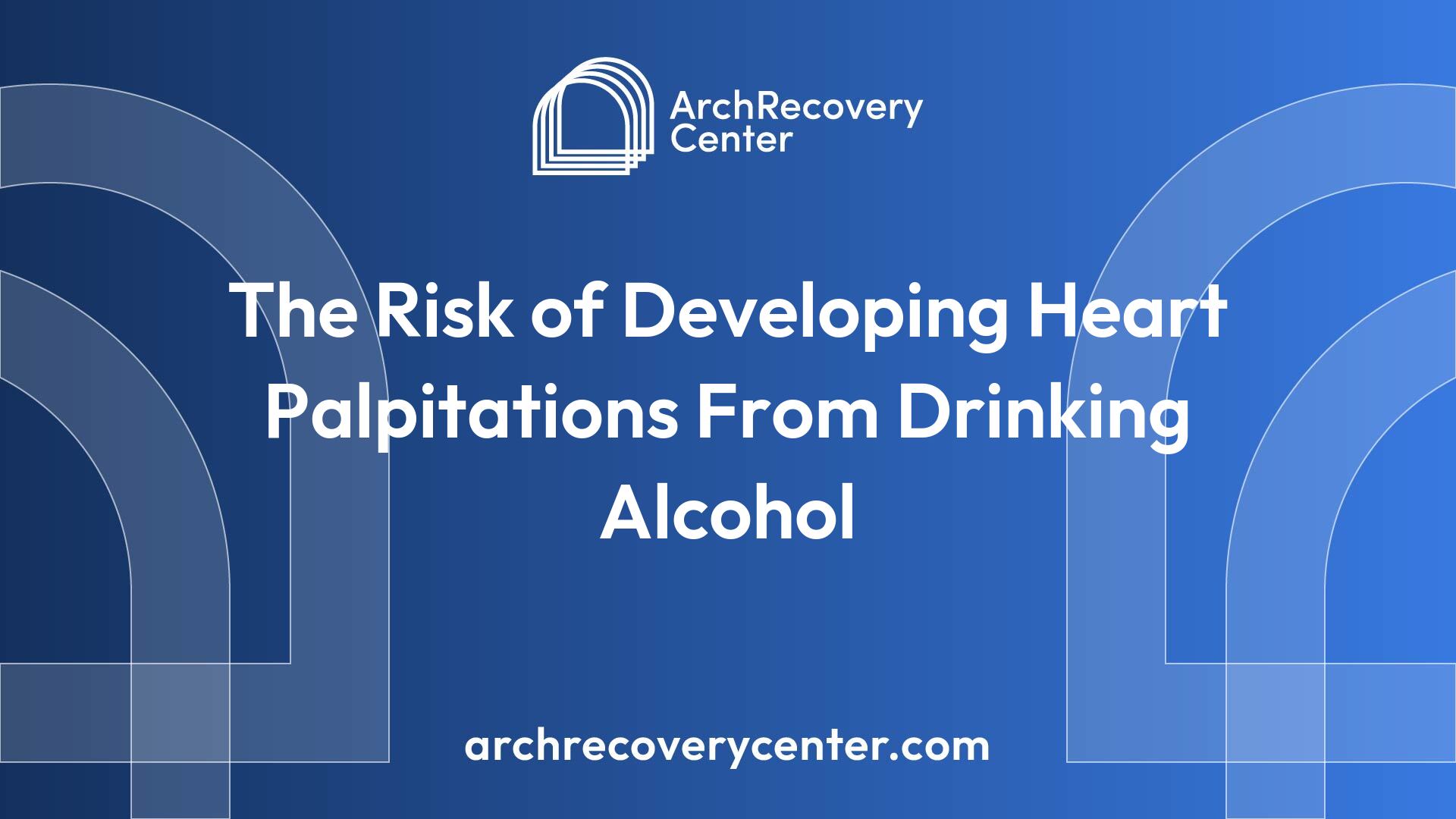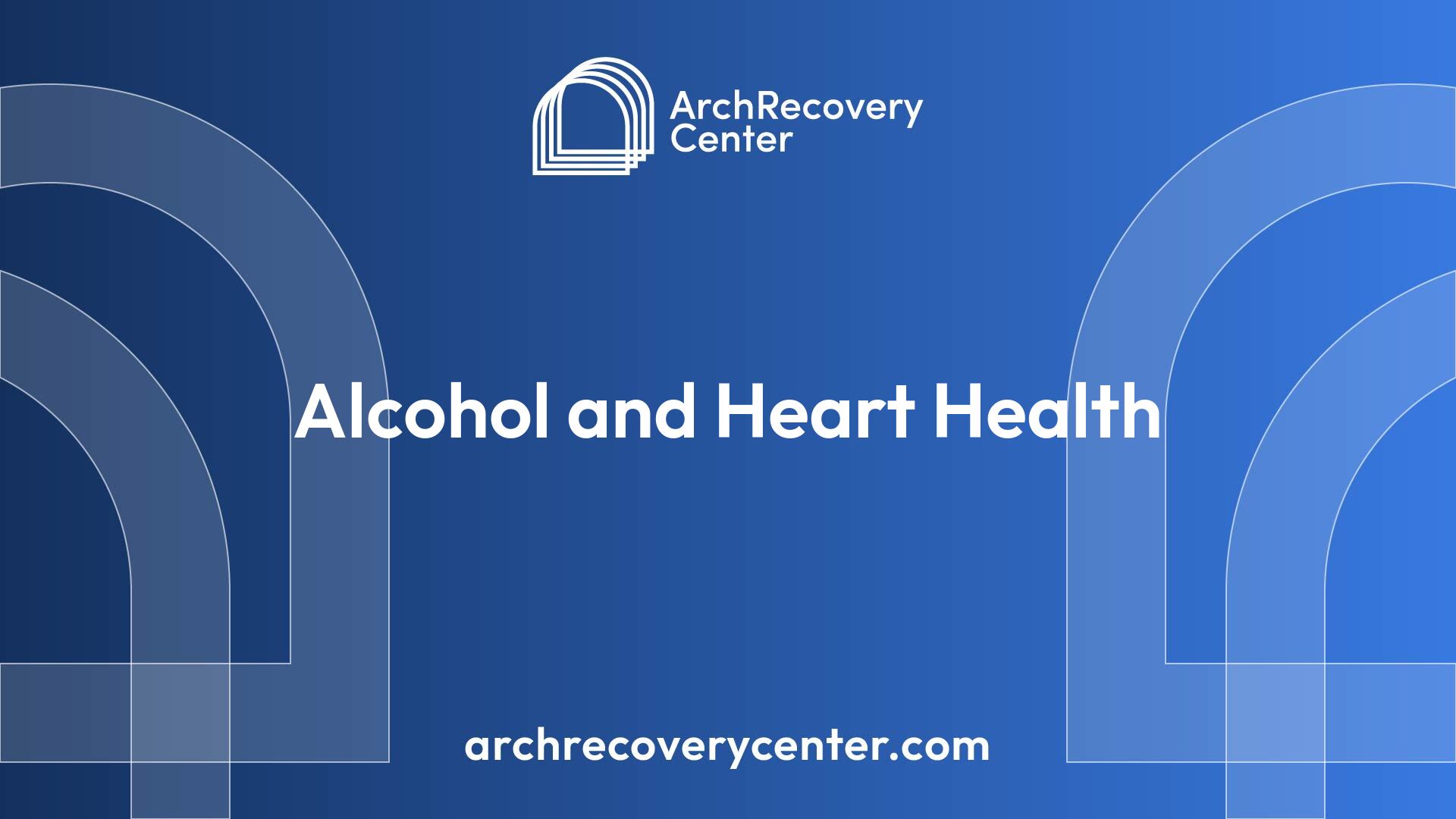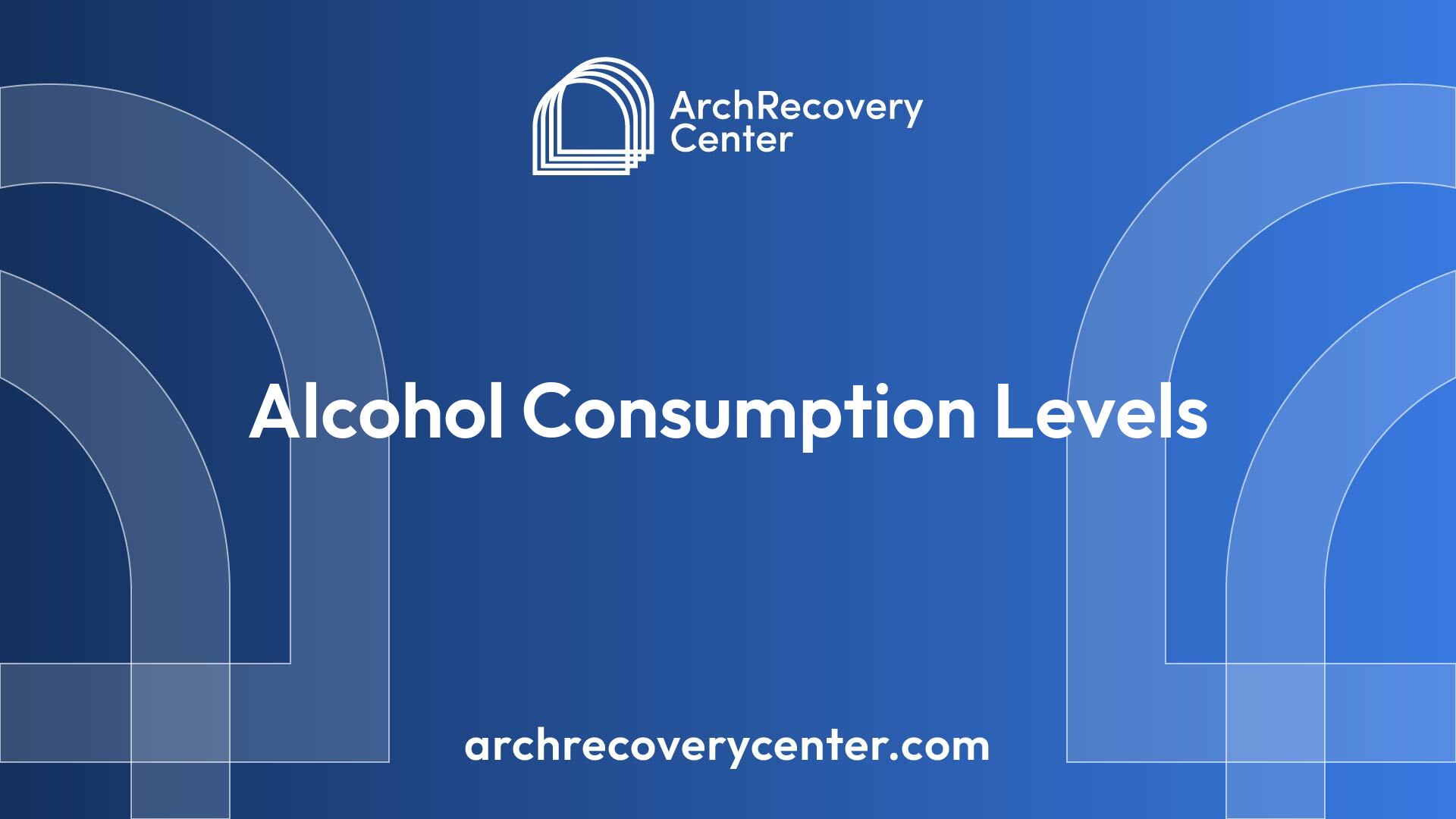The Risk of Developing Heart Palpitations From Drinking Alcohol


Alcohol and Heart Health
Impact on Heart Palpitations
Alcohol consumption can significantly affect heart health, particularly regarding irregular heartbeats, commonly known as heart palpitations. Even moderate drinking can increase the risk of developing conditions like atrial fibrillation. Studies have indicated that for every alcoholic drink consumed daily, there is an 8 percent increase in the risk of irregular heartbeats for both men and women [1]. These palpitations can vary in intensity and duration, potentially leading to serious complications, such as heart failure and stroke.
Alcohol Intake and Palpitations Risk
Daily Alcohol ConsumptionIncreased Risk of Irregular Heartbeat1 drink8%2 drinks16%3 drinks24%4 drinks32%
For those who notice heart rhythm abnormalities during or after drinking, it is advisable to consider reducing or abstaining from alcohol consumption [2].
Risk Factors for Heart Ailments
Several risk factors contribute to heart ailments linked to alcohol consumption. Chronic and excessive drinking can lead to elevated blood pressure, a primary risk factor for cardiovascular diseases, including heart disease and heart failure. Sustained high blood pressure heightens the risk of experiencing heart palpitations and other cardiovascular issues.
Key Risk Factors Associated with Alcohol Consumption
Risk FactorDescriptionChronic High Blood PressureIncreases the risk of various heart conditionsHeavy Alcohol IntakeLinked to cardiomyopathy and heart failureIrregular Heartbeat (Atrial Fibrillation)Can result from even moderate drinkingGenetic PredispositionVariances in genetics can affect susceptibility to damage
Moderate alcohol consumption has been shown to have some protective effects against heart disease but must be approached cautiously. Individuals can benefit from increasing their HDL cholesterol through moderate intake; however, these benefits are also attainable through other lifestyle changes, such as regular exercise and a diet rich in fruits and vegetables.

Alcohol Consumption Levels
Understanding alcohol consumption levels is essential for assessing its impact on heart health. The distinction between low-risk drinking guidelines and the effects of heavy alcohol intake can inform better choices related to heart palpitations and overall cardiovascular well-being.
Low-Risk Drinking Guidelines
Moderate drinking is defined as an average of one drink per day for women and one to two for men. A standard drink is generally considered to be:
Type of DrinkStandard Serving SizeBeer12 ouncesWine4 ounces80-proof Spirits1.5 ounces
Low-to-moderate daily alcohol consumption (under 15-20 grams per day) is associated with a reduced risk of cardiovascular diseases and overall mortality. Studies suggest that this moderate consumption can provide protective effects against heart conditions. However, the benefits of alcohol consumption vary across different studies, and the specific thresholds for benefits and risks remain a topic of research.
Effects of Heavy Alcohol Intake
Heavy alcohol consumption is often defined as consuming four or more standard drinks per day. This level of intake is linked to a variety of adverse health effects. Excessive alcohol can lead to several heart-related issues, including:
Heavy drinking has been shown to cause transient increases in blood pressure, significantly increasing the risk of hypertension over time. The relationship between alcohol and hypertension is also J-shaped, where consumption of less than 10 grams per day may reduce risks for women, while amounts exceeding 20 grams can significantly elevate risks for both genders.
The effects of binge drinking particularly emphasize the risks associated with spikes in consumption, which have been consistently linked to negative health outcomes, including cardiovascular diseases. For more information on understanding risks and heart impacts, refer to our section on why is mixing prescription drugs with alcohol dangerous?.
Gaining awareness of these consumption levels can aid individuals in making informed choices, potentially reducing the likelihood of developing heart palpitations from drinking alcohol.
Alcohol-Related Heart Conditions
Excessive alcohol consumption can lead to serious heart conditions, including atrial fibrillation and alcohol-induced cardiomyopathy. Understanding these conditions is essential for recognizing the relationship between alcohol intake and heart health.
Atrial Fibrillation
Atrial fibrillation (AFib) is a type of irregular heartbeat that can be triggered by alcohol consumption. Even moderate amounts of alcohol can increase the risk of developing AFib, with studies indicating an 8 percent increase in risk for each alcoholic drink consumed per day. This condition leads to rapid and irregular contractions of the heart's upper chambers (atria), resulting in palpitations and discomfort.
The effects of excessive alcohol can exacerbate AFib symptoms. Chronic alcohol consumption disrupts the heart's ability to maintain a regular rhythm, especially in individuals with underlying heart disease. A study by Marcus et al. demonstrated that participants who consumed two or more alcoholic drinks had an odds ratio of 3.58 for experiencing AFib episodes. This highlights the significant risk associated with alcohol intake.
Alcohol Consumption LevelRisk of Atrial FibrillationLow (<1 drink per day)Minimal increaseModerate (1-2 drinks per day)8% increase per drinkHeavy (2+ drinks per day)Significant increase
Source: American College of Cardiology
Alcohol-Induced Cardiomyopathy
Alcohol-induced cardiomyopathy is another serious condition linked to excessive alcohol intake. Chronic heavy drinking can cause damage to the heart muscle, leading to impaired function. This condition results from oxidative stress, mitochondrial injury, and electrolyte disturbances that develop due to high alcohol consumption.
The heart may become enlarged and weakened, making it less efficient at pumping blood. Symptoms can include fatigue, shortness of breath, and irregular heartbeats. Over time, alcohol-induced cardiomyopathy can lead to heart failure and other cardiovascular issues.
Alcohol UsePotential Heart EffectsModerate (<15-20 g/day)Reduced risk of cardiovascular diseasesHeavy (15-20+ g/day)Increased risk of cardiomyopathy and heart failure
Source: National Center for Biotechnology Information
Addressing the question, "can you develop heart palpitations from drinking alcohol?" the answer is yes—both atrial fibrillation and alcohol-induced cardiomyopathy highlight the serious impacts alcohol can have on heart health. Awareness and moderation are key in managing these risks and maintaining cardiovascular wellness. For further understanding of managing risks, individuals can refer to topics on why is mixing prescription drugs with alcohol dangerous? and ways to prevent relapse.
Heart Health Benefits vs. Risks
Understanding the balance between the potential benefits and risks of alcohol consumption is crucial for heart health. This section discusses the protective effects of moderate drinking and the adverse effects associated with binge drinking.
Protective Effects of Moderate Drinking
Moderate alcohol consumption may offer some heart health benefits. It's been associated with a lower risk of dying from heart disease and might help raise levels of "good" HDL cholesterol. Some studies suggest that red wine, in particular, has protective qualities due to its antioxidants. However, similar benefits can be obtained through exercise and consuming antioxidants from other food sources such as fruits, vegetables, and grape juice.
Moderate drinking is defined as:
GenderDaily LimitWomen1 drinkMen1-2 drinks
A standard drink is typically considered:
BeverageStandard Serving SizeBeer12 ouncesWine4 ouncesSpirits1.5 ounces of 80-proof
Research indicates that low-to-moderate alcohol consumption (less than 15-20 g/day) can reduce cardiovascular disease risk and mortality. Yet the exact threshold for these benefits varies across studies.
Adverse Effects of Binge Drinking
On the contrary, binge drinking is a significant risk factor for numerous heart-related issues. Defined as consuming four or more drinks in a single occasion for women and five for men, binge drinking can lead to high blood pressure, heart failure, stroke, and cardiomyopathy.
Binge drinking is associated with transient increases in blood pressure and can lead to long-term hypertension, placing individuals at higher risk for cardiovascular events.
Drinking PatternRisksLow-to-Moderate (≤2 drinks/day)Potential heart protectionHeavy/Excessive (≥4 drinks/occasion)Increased risk of hypertension, cardiomyopathy
The relationship between alcohol consumption and heart health is complex; low to moderate intake might provide benefits while excessive consumption is detrimental. Understanding these patterns help individuals make informed choices regarding their alcohol intake and heart health.
Symptoms and Complications
Understanding the symptoms and complications associated with alcohol consumption is essential, particularly regarding heart health. Heart palpitations, a common feeling that can be caused by various factors, including alcohol intake, play a significant role in this discussion.
Heart Palpitations and Cardiac Arrhythmias
Heart palpitations can be characterized by a fast-beating, fluttering, or pounding sensation in the heart. They can also be felt in the throat or neck. While many instances of palpitations are harmless and may not require medical treatment, they can indicate more serious health conditions if they occur frequently or are accompanied by symptoms such as chest pain or shortness of breath.
The relationship between alcohol consumption and heart palpitations suggests that excessive drinking can lead to arrhythmias—irregular heartbeats that fall under several types including tachycardia (fast heartbeat), bradycardia (slow heartbeat), and various irregular rhythms. Chronic drinking is associated with conditions such as alcoholic cardiomyopathy, which can exacerbate irregular heart palpitations [3]. Monitoring one's heart health when experiencing these symptoms is crucial, especially for those with a history of heart disease.
Palpitation TypeDescriptionTachycardiaAbnormally fast heartbeatBradycardiaAbnormally slow heartbeatIrregular RhythmA combination of slow and fast heart rates
Long-Term Implications of Alcohol Use
Chronic alcohol consumption poses serious risks not only for heart palpitations but also for overall heart health. Conditions such as dilated cardiomyopathy and alcoholic cardiomyopathy are directly linked to long-term drinking habits, and these conditions can lead to increased frequency of palpitations and other serious heart issues [3].
Long-term implications can extend beyond just heart health. Regular alcohol use can lead to dependency issues, and understanding the differences between physical and psychological dependence is essential for those who might be struggling. It is vital to seek help if experiencing withdrawal symptoms, and resources are available for addressing these challenges.
The combination of these symptoms and their potential long-term consequences calls for caution. For individuals questioning, "can you develop heart palpitations from drinking alcohol?" the answer is yes, and it is advisable to take these symptoms seriously and consult a healthcare provider for appropriate management.
Managing Alcohol-Related Health Risks
Moderation and Heart Health
Moderate alcohol consumption is advised for maintaining heart health. It is typically defined as an average of one drink per day for women and one or two for men. One standard drink is considered to be 12 ounces of beer, 4 ounces of wine, or 1.5 ounces of 80-proof spirits. Excessive alcohol use can lead to a range of health issues, including high blood pressure, heart failure, stroke, and cardiomyopathy, among others [4].
Drink TypeStandard Serving SizeBeer12 ouncesWine4 ouncesSpirits (80-proof)1.5 ounces
Research shows that low-to-moderate daily alcohol consumption, defined as less than 15-20 grams per day, can be associated with a reduced risk of cardiovascular diseases and lower mortality rates. In contrast, heavy drinking and binge drinking are linked to an increased risk of cardiovascular issues.
Seeking Professional Guidance
It is beneficial for individuals to consult healthcare professionals regarding their alcohol consumption, especially if they have a history of heart problems. Moderate alcohol intake has some protective effects, such as potentially raising levels of "good" HDL cholesterol. Notably, red wine is often mentioned for its heart health benefits due to its antioxidants. However, these benefits can also be obtained through other means, such as physical activity and eating a diet rich in fruits, vegetables, and other sources of antioxidants [4].
Defining alcohol consumption levels can be inconsistent across studies, making it important to seek personalized advice. Low-risk or moderate drinking is generally considered to be 1-2 standard drinks per day. In contrast, heavy alcohol consumption is often defined as four or more standard drinks daily [5]. Consulting with a healthcare provider can help individuals manage their drinking habits and mitigate potential health risks.
References
[2]:
[3]:
[4]:
[5]:
[6]:
[7]:
[8]:
Recent articles

The Benefits of Journaling During Recovery from Addiction
April 25, 2025
Unlocking Inner Strength: Harnessing Journaling for Addiction Recovery

How to Develop a Sober Identity
April 25, 2025
The Path to Self-Discovery and Lasting Sobriety

What Happens After You Complete Residential Treatment?
April 25, 2025
Navigating the Path to Lasting Sobriety After Residential Care

The Importance of Medically Supervised Detox for Safe Withdrawal
April 25, 2025
Ensuring Safety and Success in Addiction Recovery

Withdrawal Signs of Gabapentin Addiction
April 25, 2025
Understanding the Risks and Symptoms of Gabapentin Withdrawal

How Addiction Affects Physical Health
April 25, 2025
Unraveling the Hidden Damage: The True Impact of Addiction on the Body

How to Build New Traditions in Recovery
April 25, 2025
Reimagining Holiday Celebrations for Lasting Sobriety

How Nutrition and Wellness Programs Enhance Detoxification
April 24, 2025
Unlocking the Body's Natural Detox Power Through Nutrition and Wellness

Prescription Drug Overdoses on the Rise in Bensalem
April 24, 2025
Bensalem Confronts Escalating Prescription Drug Crisis

The Link Between Fitness and Improved Mental Clarity
April 24, 2025
Unlocking Cognitive Power Through Movement

Creating Healthy Habits in Residential Recovery Programs
April 24, 2025
Building a Foundation for Long-Term Sobriety

Sober Holidays – You Can Do It
April 24, 2025
Celebrating the Season Soberly: Strategies for a Joyful, Alcohol-Free Holiday

What Is Rehab?
April 24, 2025
Understanding the Path to Recovery and Independence

Signs Your Loved One May Need a Detox Program
April 24, 2025
Understanding and Recognizing the Urgent Need for a Detox Program

The Dangers of Fentanyl and the Role of Detox in Saving Lives
April 23, 2025
Confronting the Fentanyl Crisis: From Risks to Recovery

Why Residential Treatment is Ideal for Individuals with Chronic Relapse
April 23, 2025
Breaking the Cycle: The Power of Residential Treatment in Chronic Relapse Recovery

The Role of Peer Support in Addiction Recovery
April 23, 2025
Harnessing Peer Power in the Fight Against Addiction

How to Overcome Procrastination During Sobriety
April 23, 2025
Conquering Delay: Strategies for Staying on Track in Sobriety

How to Handle Conflict in Recovery Environments
April 23, 2025
Building Resilience: Mastering Conflict Management in Recovery Settings

How to Handle Setbacks in Your Recovery Journey After Detox
April 23, 2025
Navigating the Challenges of Sobriety: Overcoming Obstacles Post-Detox

How Prescription Drug Addiction Impacts Relationships and How to Heal
April 23, 2025
Breaking the Silence: Navigating the Complexities of Prescription Drug Addiction in Relationships

Is Your Parent in Need of a Prescription Drug Rehab?
April 22, 2025
Uncovering the Hidden Signs of Prescription Drug Dependency in Seniors

What Does Porn Addiction Look Like
April 22, 2025
Understanding the Hidden Struggles of Porn Addiction

The Role of Empathy and Compassion in Supporting Others' Sobriety
April 22, 2025
Fostering Connection and Healing in Addiction Recovery

Healing Addiction with Emdr Therapy
April 22, 2025
Trauma-Informed Approaches Transform Addiction Recovery

Types of Alcoholics
April 22, 2025
Decoding the Diversity of Alcohol Dependence

How Residential Treatment Supports Individuals with Severe Addiction
April 22, 2025
Comprehensive Support Systems for Severe Addiction Recovery

What Is Codependency?
April 22, 2025
Unraveling the Complex Web of Dependence and Emotional Entanglement

How to Celebrate Milestones in Sobriety
April 22, 2025
Marking the Journey: Celebrating Your Sobriety Milestones

How Residential Treatment Can Help You Overcome the Shame of Addiction
April 22, 2025
Breaking Barriers: The Healing Power of Residential Addiction Treatment

